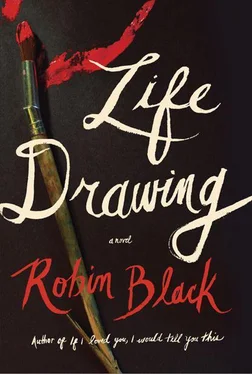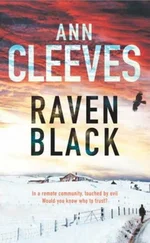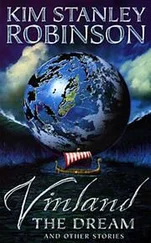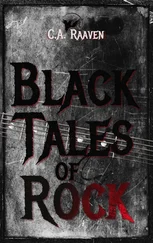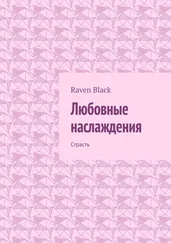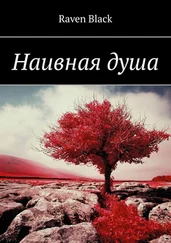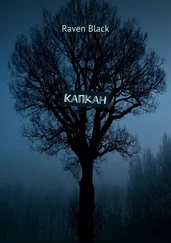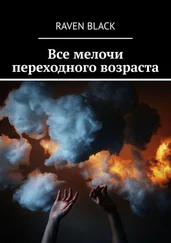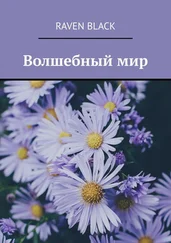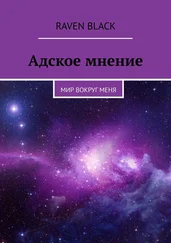“I’m just glad to be here,” I said. “I like the new place.” He frowned, looked confused. “Maybe it doesn’t feel new to you anymore.”
“No, Gus. Not after, what is it now?” His eyes focused on the distance, his head nodding, regular, small pulses, counting. “It’s thirteen years, Augusta,” he said. “No. It would be strange for it to feel new to me.” His look was familiar now: impatience manifest as extreme, condescending patience at my failure to grasp something obvious.
“I suppose not. After thirteen years. I wasn’t thinking.” And then I asked, “How’s the food?” and he looked at me as though I were crazy. “Never mind. Stupid question. It’s really good to see you, Dad.”
“It’s good to see you too. You look well. Do you know your mother died? I can’t remember if she told you.” He leaned forward a bit. “I’m having some trouble,” he said. “Remembering things. But that’s certainly right. She’s dead. You probably know but I just …” He let the thought trail off.
“I did know. I’m sorry.”
He had mentioned her. My father had mentioned my mother. That fact shuddered through me.
“I thought you should be told.”
“Thank you,” I said. “That was thoughtful of you.”
It was like some sort of natural disaster, the crash of questions I suddenly felt. The ones I had never asked. Questions about my own birth. About her sense of humor. About whether she had nursed me. How she had dressed me. What she had loved in me most.
“Would you like to talk about her?” I asked, carefully, the whole exchange a crystal vessel I might shatter with a too-sudden move.
“Yes,” he said. “I would like to talk about her. Because you see, she was my wife. So yes, please tell me everything. Tell me all about her.” He sat up, like a child waiting for a story.
And I had nothing to say. But there he sat. And there we sat. As the questions inside me drained away.
After some seconds, I found Charlotte’s memories crouching in a dark corner of my mind. “Okay,” I said. “Well, let’s see. She used to love to take her daughters to the park. Where she would push them on the swings, but she would also take turns on the swings by herself. Like a great big kid. And she tucked them in, us in, every night. With kisses. And she was very good at … at cooking. And also she spoke French. Or anyway, there were French songs she would sing sometimes. Songs about sheep. And one about a bird.”
The expectant look remained, but I had run out of material. “And … and she was glad that she had only daughters, that the two of you did, because … because the Vietnam War was going on then, around when we were all born, and she didn’t want her children going off to war. And … and she wasn’t religious, but … well, she liked to take long walks and she loved to … to watch television because her parents hadn’t had a set when she was small. And she … her favorite food was spaghetti. And she liked to drink wine. But not too much. Or maybe a little too much. She would dance sometimes, just around the house, when she’d had a little too much to drink, but she would never dance otherwise. And she would sometimes sing the French songs when she danced. And sometimes hold one of her daughters.” The look on my father’s face had changed, softened. His lids were starting to lower. “And she had a fear of elevators, not of being closed inside but of them going through the earth, of them being unable to stop. And so in elevators she would always hold your hand. And she was very intelligent too. People would forget that sometimes, but she was sharp as a tack and it bothered her just a little that because you were the schoolteacher everyone assumed you were smarter, but she knew that you didn’t think so. And she was also an excellent photographer. Not of people so much, but of buildings, streets. She was never without her Brownie, always looking at things a little askew with her head tilted …”
His eyes were fully closed. “And you loved the way she tilted her head like that.” I could hear him breathe, heavily. “And you never got over it, did you, Dad? You never did move on, did you?” I took my own deep breath. “But you’re moving on now. And I suppose that’s just as well.”
I sat silent, listening as his breathing turned to snores, just a minute or so more.
While I drove home, I thought the world an unsteady, malleable place. What did it matter what had actually happened? My memories of my mother came from Charlotte. And now, my drifting, dwindling father might be reliving them, re-creating this woman, cobbled together of my sister’s desire that her mother be shared and of my own trackless trains of association. He might well be with her on some winding road down which she walked — or danced — while singing in French.
I surprised myself by smiling at the thought. I surprised myself by hoping that they were indeed together, dancing together, as he slept.

Alison slammed her car into a deer the night before Nora’s arrival. She was driving back from the grocery store where she’d gone to pick up a few things Nora liked having in the house. My phone rang around ten, right as I was thinking of going to bed. Owen and I were in the living room. She was somewhere on the road. It had just happened. She sounded hysterical.
“She isn’t dead,” Alison said. “She’s bleeding. She’s … dying, I think.”
“What about you? Are you okay?”
Owen was watching me, puzzled. I reached for an ever-present pencil, a piece of paper, and sketched a hieroglyph of a car hitting a deer. I wrote Alison , then pushed it across the coffee table toward him.
“I just don’t believe it,” she said.
“Is she hurt?” Owen asked.
“Alison, are you hurt?”
She didn’t think so. She wasn’t sure. She felt off-kilter. The airbags had gone off. The front of the car was crumpled. “And the deer …”
“Has she called 911?”
“Did you call 911?”
She hadn’t. “I just … she’s still alive, I think.”
I wondered if she had been drinking, but couldn’t think of an acceptable way to ask. “It’s just an accident,” I said. “They’re everywhere. Deer. It’s a huge problem. But you should call 911.”
“I should …,” she said again. “I need … I’m so sorry. I just can’t face …”
I asked her where she was and signaled Owen to push the paper back to me, but then I didn’t use it. I knew the place, a nasty patch of winding road. “We’ll be right there,” I said. “Do you want me to report it?”
But she said that she would call. “I wasn’t drinking,” she volunteered. “I was just … I was just driving very fast.”
“You’ve never been in a car with her,” I reminded Owen as we set off — him at the wheel. “It’s terrifying.”
“Then maybe you shouldn’t be in a car with her anymore.”
“Well, anyone can hit a deer,” I said. “Really anyone could hit a deer.”
The police hadn’t arrived when we got there. Alison’s car was tipped into a ditch at a crook of the road. The lights weren’t on and at first I didn’t see her, but then as we walked toward the car’s front, I could just make out a shape, a shadowy creature, the head of a human, the legs of a beast. Closer, I saw the deer’s face up against Alison’s hip, and closer still saw the animal’s torso, bloody, gashed, ribs exposed, crushed.
“Alison.”
She turned at the sound of my voice. A rivulet of red ran from her scalp to her jaw. I reached for Owen’s arm. “Call 911.” It seemed obvious she had not.
Читать дальше
